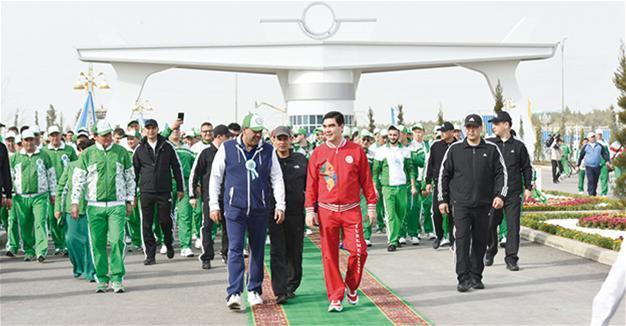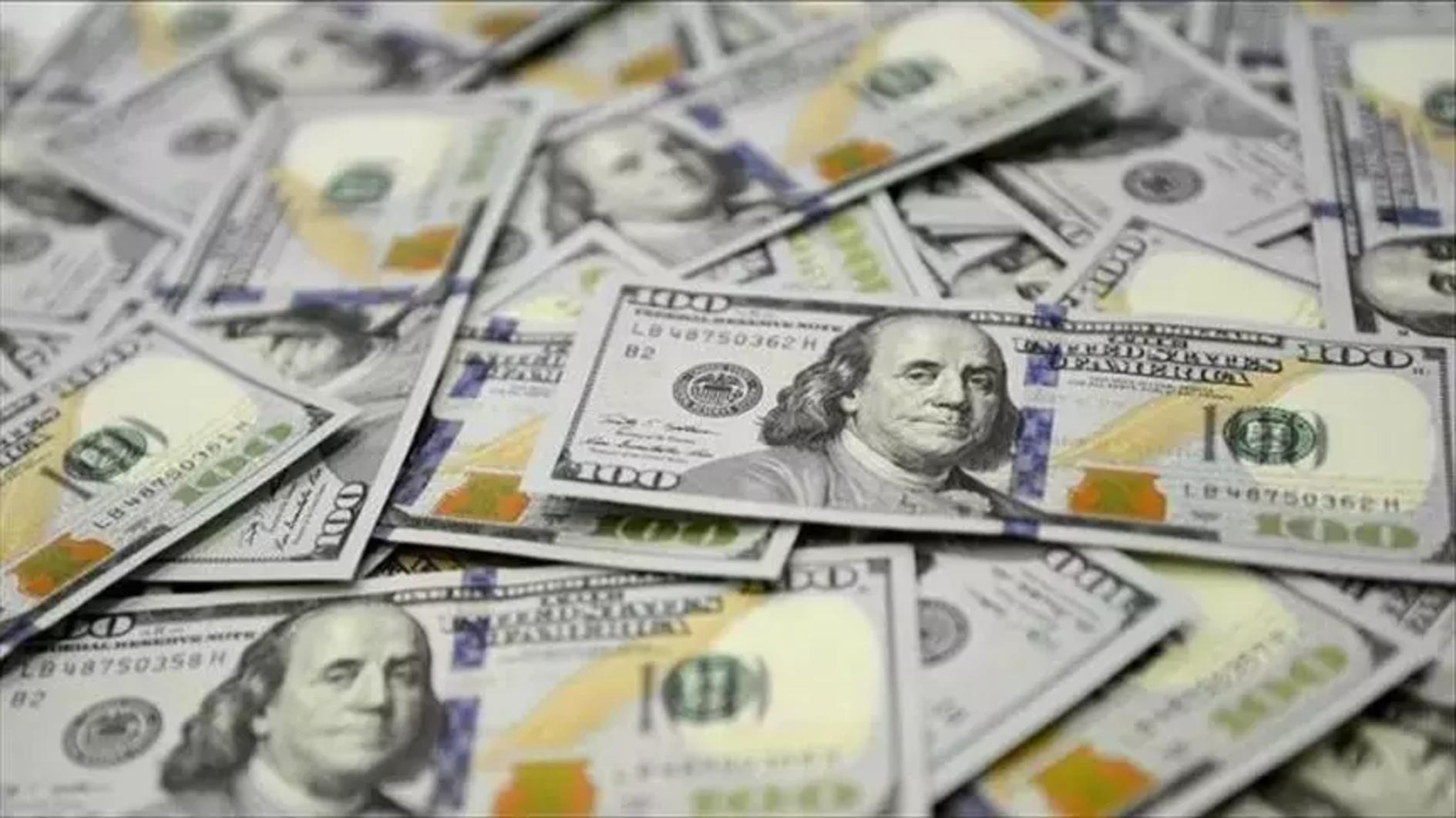Turkmen leader orders scrapping of household utility subsidies
ASHGABAT - Reuters
 Turkmen President Kurbanguly Berdymukhamedov has ordered his government to scrap the gas-rich Central Asian nation’s generous system of utility subsidies, state media reported yesterday, possibly indicating the government faces financial pressure.
Turkmen President Kurbanguly Berdymukhamedov has ordered his government to scrap the gas-rich Central Asian nation’s generous system of utility subsidies, state media reported yesterday, possibly indicating the government faces financial pressure.For 24 years, households in the former Soviet republic of 5.5 million people have been entitled to free supplies of electricity, water and gas for cooking and heating, although they have been rationed in recent years.
Until 2014, car owners also received 120 liters of free gasoline a month, prompting some to keep their parked cars’ engines running while they did their shopping.
According to Turkmen state news agency TDH, Berdymukhamedov called the subsidy system inefficient at a government meeting this week, and said that from now on assistance should only be provided based on actual need.
The subsidies became one of the hallmarks of the mostly Muslim nation’s economic and political system.
Its first president Saparmurat Niyazov referred to his time in office as the Golden Age and Berdymukhamedov’s first term was referred to in local media as the Era of Might and Happiness.
Turkmenistan’s exports of natural gas have dwindled since Russia, once the main buyer of the fuel, halted purchases in January 2016.
Dispute with Iran over gas supplies
Last December, another buyer, Iran, accused Ashgabat of cutting supplies because of a dispute over payments.
That has left Turkmenistan with just one buyer for its gas, China, which is importing about 35-40 billion meters of gas a year.
The International Monetary Fund forecasts Turkmenistan’s state budget to be in deficit - of 0.7 percent of gross domestic product - for the third year in a row in 2017 before returning to surplus next year.
Government revenue is seen at 12.4 percent of GDP this year, down from 17.9 percent in 2014 when gas exports were near their peak.
















